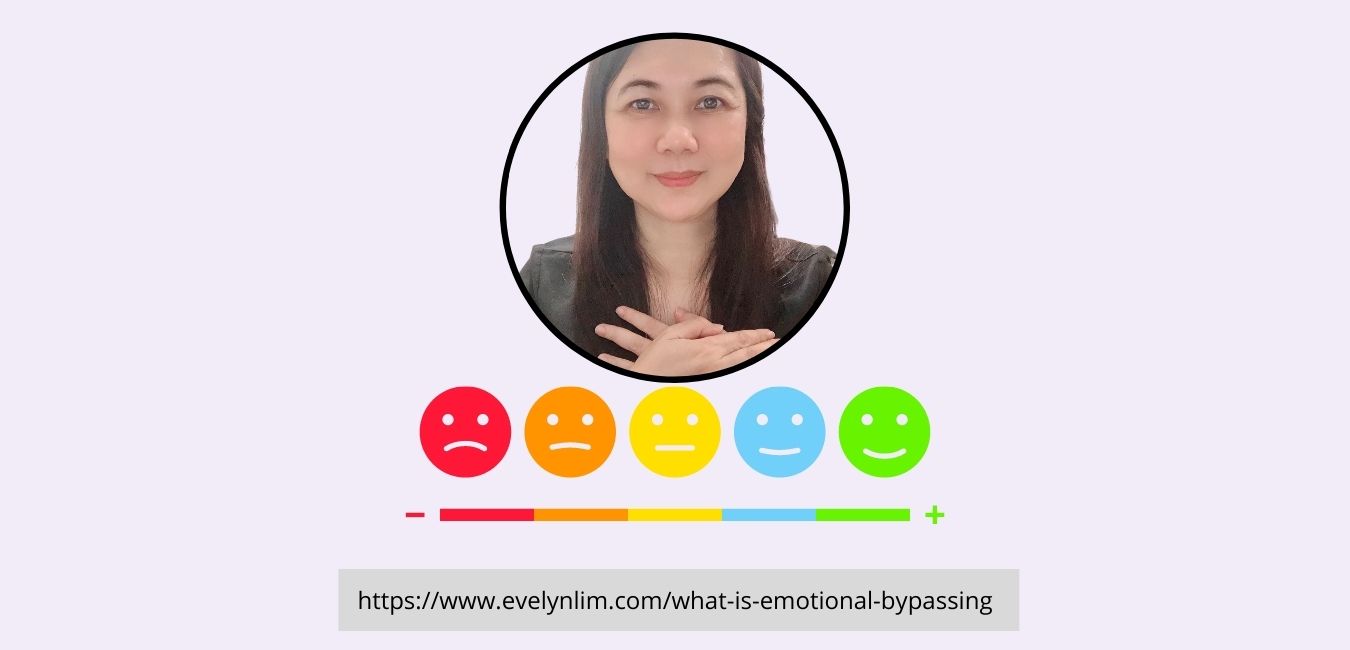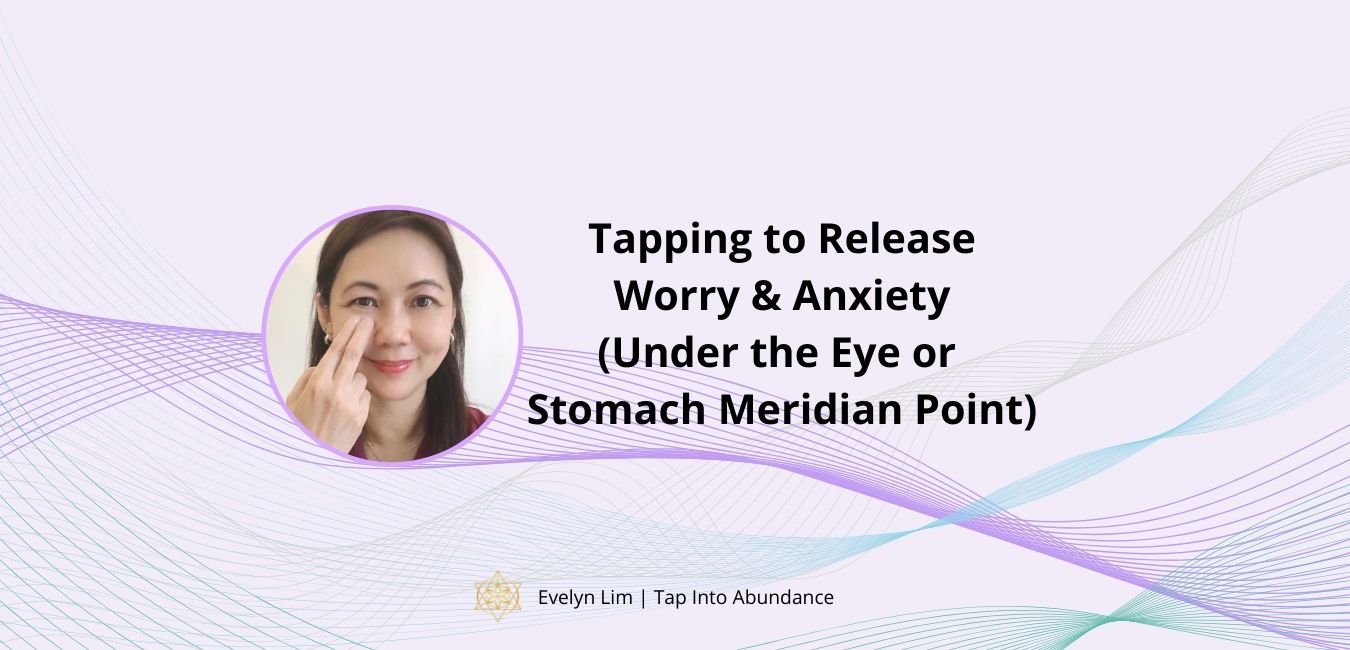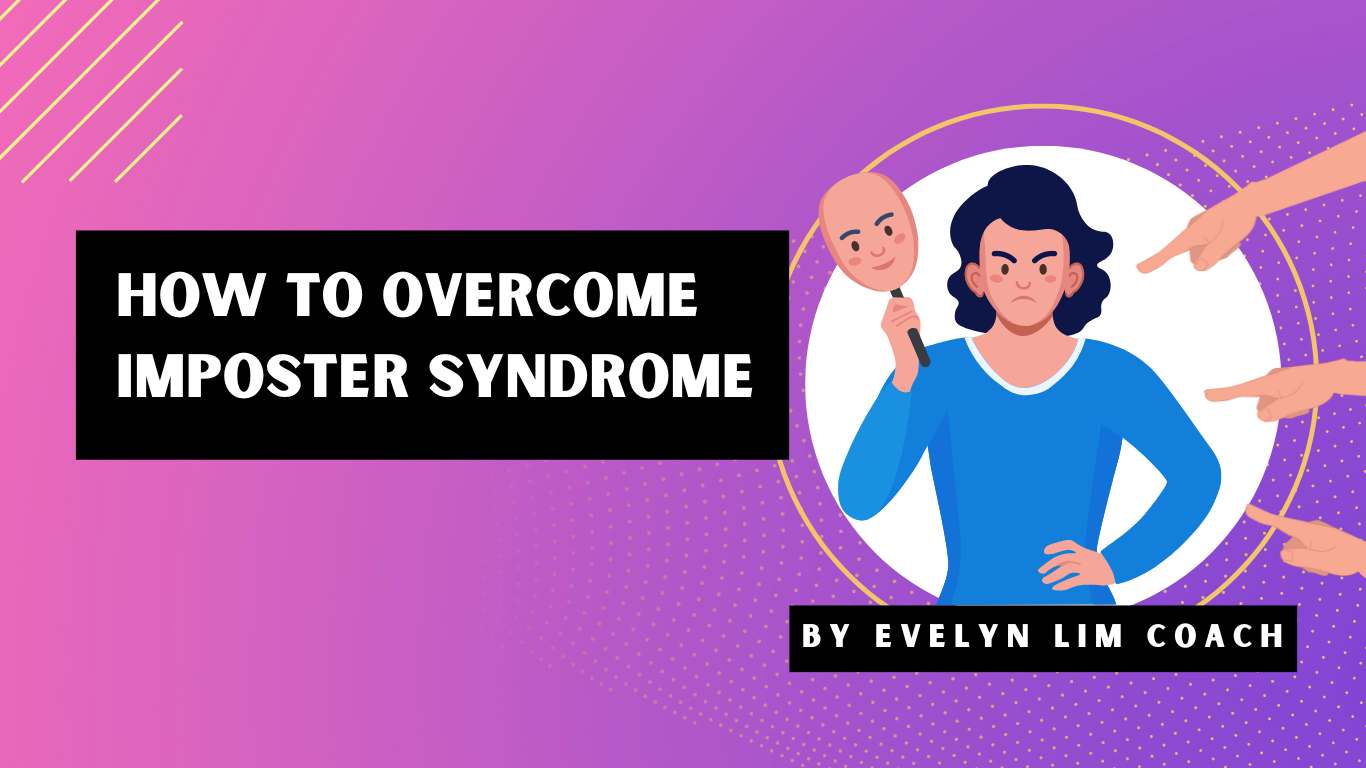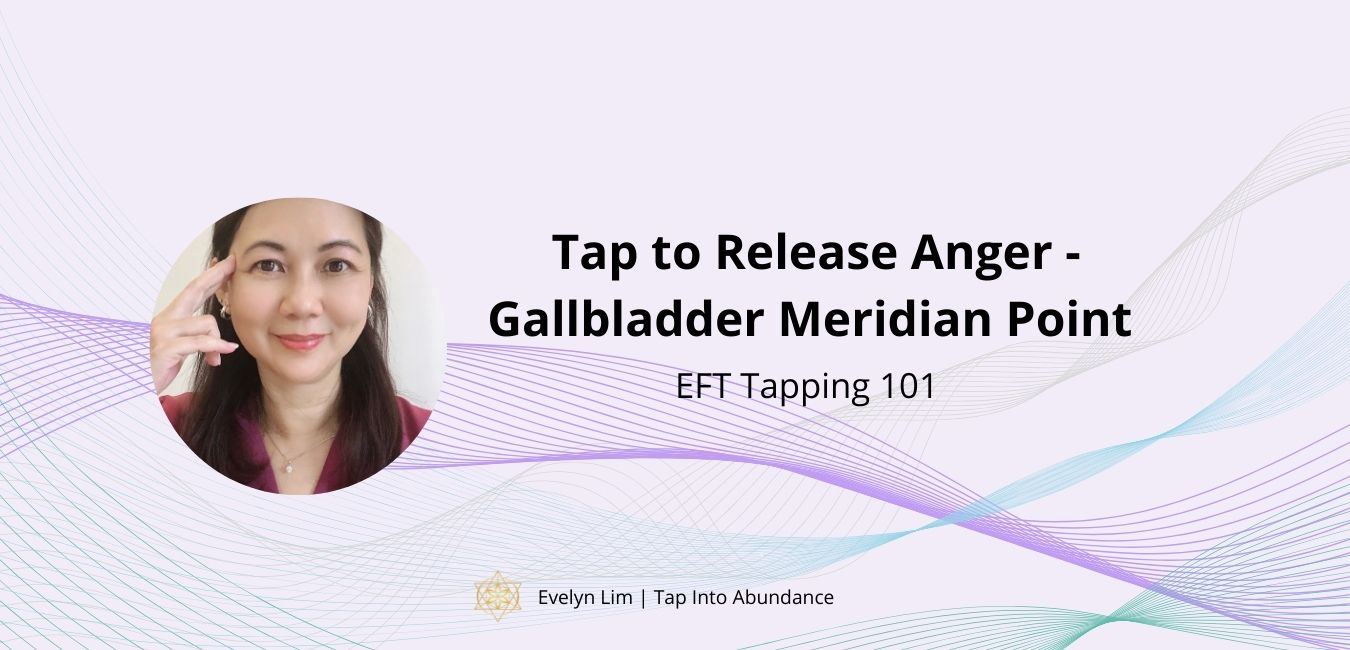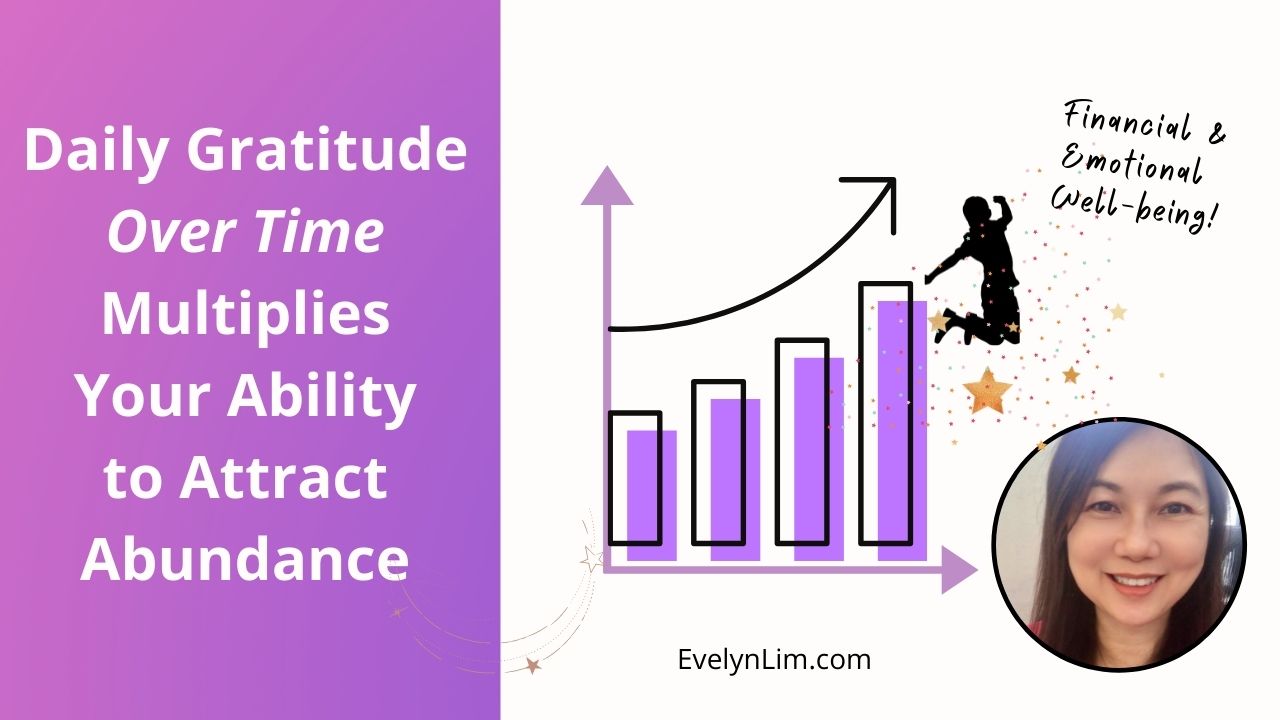How to Heal Childhood Wounds: 4 Common Patterns

A childhood wound is an emotional pain or a negative belief that a part of us internalised due to a traumatic past event or the relationship we had with our parents or caregivers when we were young.
As I have discovered, unresolved childhood wounds can adversely affect the quality of life in our adult years. Indeed, they have an impact on our personalities, beliefs, career choices, and relationships. We can also be passing on our childhood wounds to the future generations.
Our wounded child is acting up if we often find ourselves in self-sabotage, making poor choices or having over-the-top reactions to triggers. She or he is crying for attention of unhealed emotions. If we choose to ignore our wounded child, we can be stuck for years.

